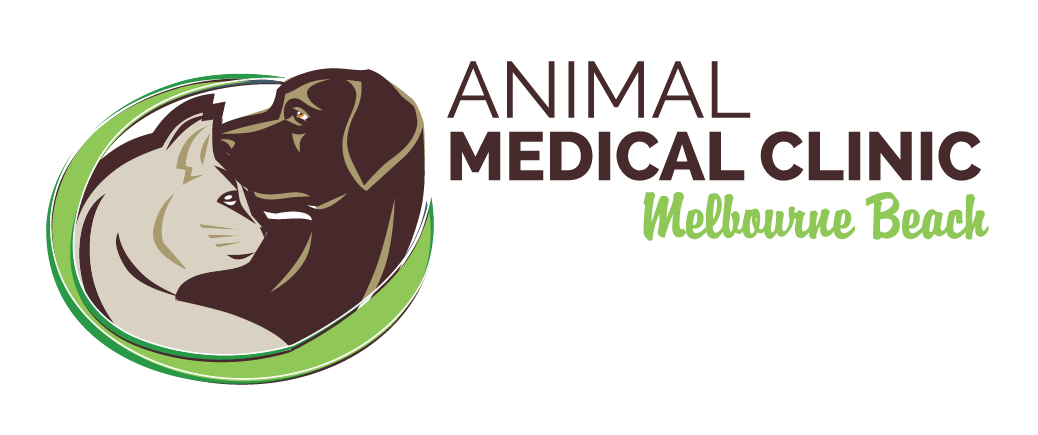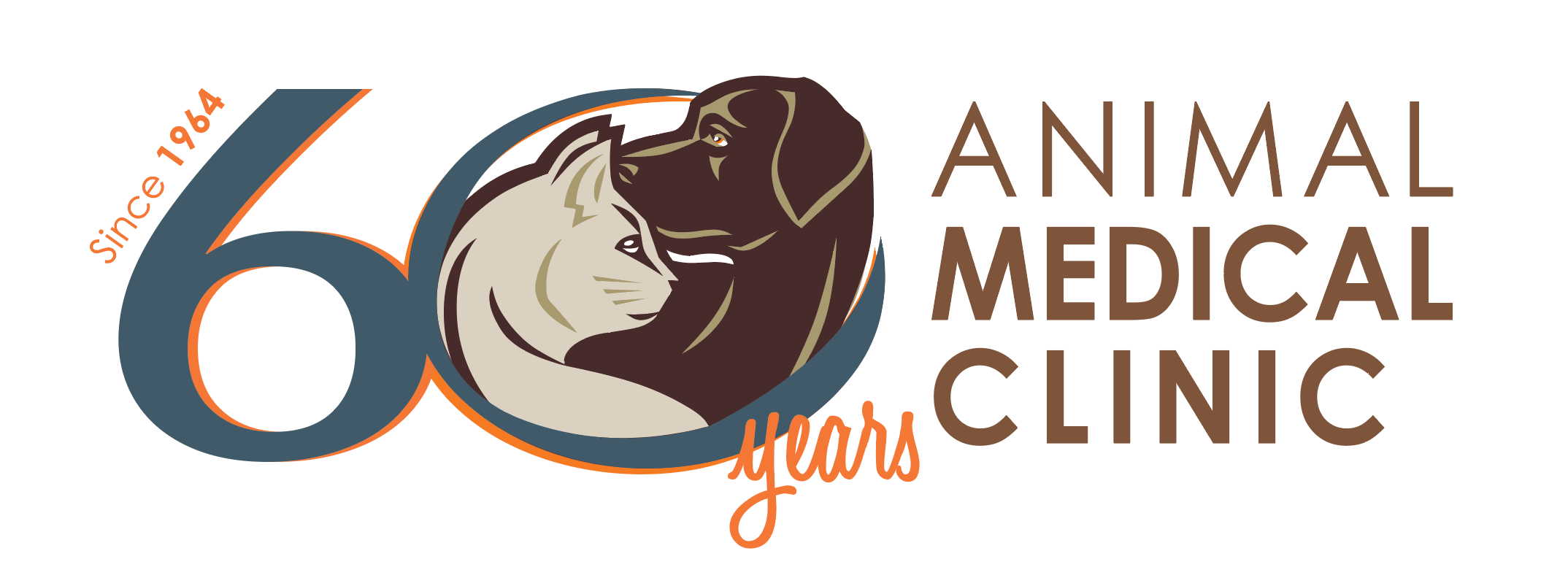Diseases affecting the urinary tract are commonly seen in dogs and cats. Some are medically managed, such as bacterial cystitis, while others respond to dietary management. It is important to identify those conditions in which nutrition can play a role and then determine which diet is most appropriate. There is no “one size fits all” approach so a number of different diets and strategies must be considered.
The urinary system can be divided into the upper urinary system (kidneys & ureters) and the lower urinary tract (bladder & urethra). The most common problem with the upper urinary system is chronic kidney disease (CKD). Nutrition may not be able to outright cure CKD but it can definitely help manage it. The most important dietary concept around CKD management is to reduce the waste products that the kidney is having to deal with.
Cats with urinary tract issues generally do better on canned foods due to the increased moisture content. Canned and semi-moist foods contain a high water content compared to traditional kibble and can help reduce dehydration and flush out unwanted compounds from the body.
If your pet suffers from bladder stones, you should feed them a diet with low magnesium, phosphorus, protein and calcium. Generally, your average pet store diet will exceed the recommended levels of these nutrients and a special veterinary diet will need to be prescribed. Some therapeutic diets are designed to change the pH of the urine in order to prevent crystals from precipitating.
There are multiple therapeutic diets available for the management of kidney and urinary tract diseases and they are extremely helpful. They are not all interchangeable – each one is designed for a specific problem, not just urinary tract problems in general. Talk to your veterinarian before substituting an over the counter diet. It may not be appropriate.



